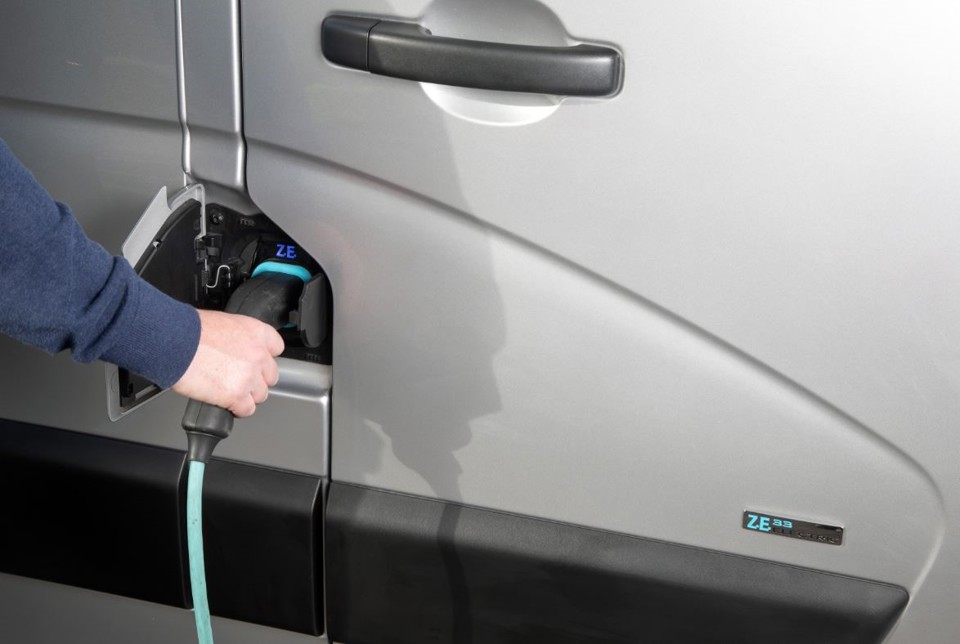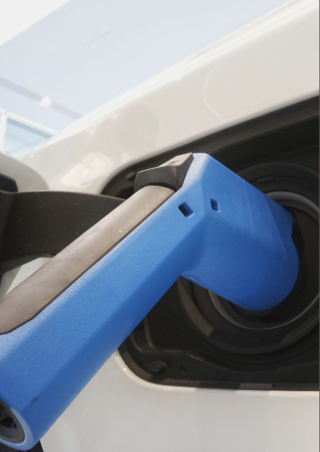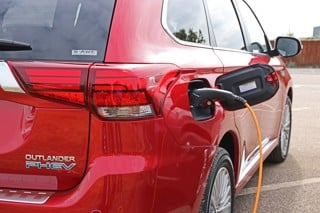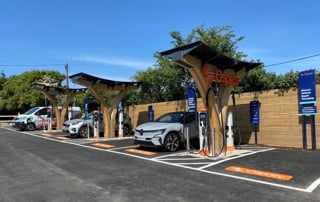Company car and van drivers need to be given practical advice on home-charging, with driver ignorance around battery care and electricity tariff rates a concern, says the Association of Fleet Professionals (AFP).
Paul Hollick, chair of the AFP, says that there was often an assumption that drivers would just know how to use their domestic charger – one that was frequently proven wrong.
He explained: “In terms of the EV transition, we are seeing a lot of attention given to public charging - to whether it can be easily accessed, its costs, compatibility with apps and so on - but comparatively little is being said about home charging.
“However, we are hearing from our members that drivers often don’t know much about home charging beyond how to connect their vehicle.
“It does seem to be an area where parties such as employers, manufacturers, charging providers and organisations such as the AFP need to fill the gap.
“Simply, knowing a few basics will help drivers to get the most out of their electric car or van, as well as keeping costs low.”
The two key areas where advice was needed centred around charging vehicles overnight irrespective of whether it was needed and accessing power at times when it was cheapest.
“Our members are finding that many new EV drivers are treating their new vehicle in the same way as they might their mobile phone,” continued Hollick.
“They come home and they plug in their car or van overnight, no matter what the state of charge.
“This isn’t good for mobile phones and it isn’t good for EVs. You shouldn’t seek to top up your vehicle continually but let the battery run down to the point where it needs charging if your journey pattern allows.”
Many experts recommend keeping the charge in a 20-80% range.
“Also, charging in the early evening is usually the highest rate for power companies and is much better done in the early hours, when it tends to be a lot cheaper,” said Hollick
“Accessing the lower rate can make a substantial difference to EV fuel costs.”
Hollick added that the AFP had received requests from fleets wanting to hold short orientation courses for new EV drivers covering charging and more.
He concluded: “Employers want to ensure that employees know how to charge their vehicles but additionally, recognise how to adapt their driving style, such as using regenerative braking and a ‘one pedal’ approach. This can all be covered in a couple of hours.
“It’s obviously important that people adopting electric cars and vans develop good habits early on.”
> Interested in comparing electric vehicle data? Check out our EV tool.
> Interested in ensuring the efficient use of EVs. Check out our dedicated editorial sections: Insight & policy | EV news | Charging & infrastructure | Costs & incentives | Benefit-in-kind | EV case studies | EV road tests






















Login to comment
Comments
No comments have been made yet.